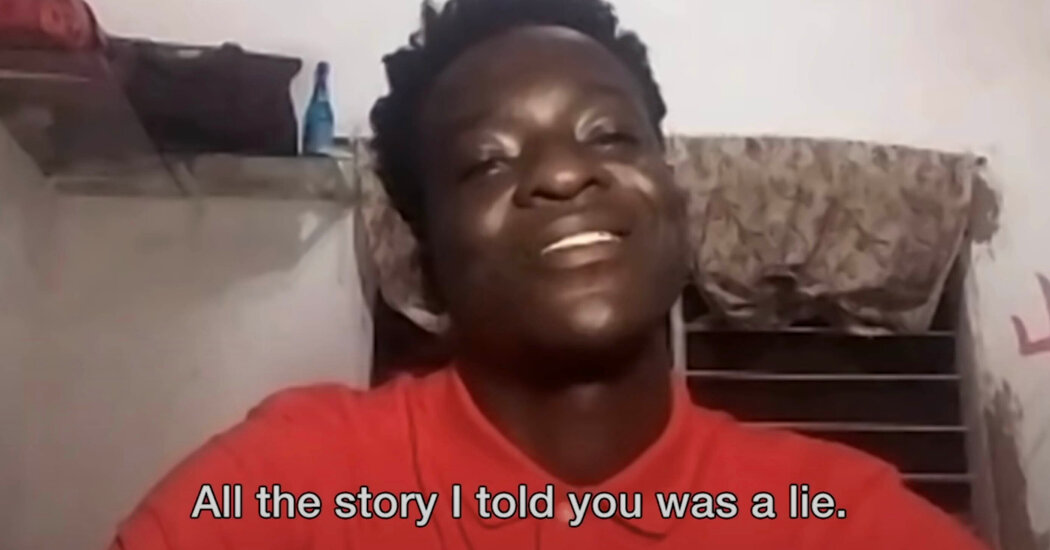
Wesselman-Pierce lived with her husband, Vince Pierce, and her two children. “I didn't want to lose our friendship, no matter what,” a tearful Wesselman-Pierce told Schulman in the film. “Many of the personalities that emerged were just fragments of myself.”
At the end of the documentary, a brooding Pierce recalled a story he'd heard and, in turn, gave the film — and the expression — his name. Cod, he said, was once shipped in vats from Alaska to China, but the fish arrived soft and tasteless. Catfish were eventually added to the tanks to keep the cod healthy. “There are those people who are catfish in life,” he said. In his mind, his wife was one of them. “They keep you guessing, they keep you thinking, they keep you fresh.”
Life, he added, would be “boring and monotonous if we didn't have someone biting our fin.”
Asked how catfishing became rampant and the concept so widely understood, Schulman, now 39 and a father of three, said that while people have been scammed and swindled forever, the rapidly changing online and social climate of The early 2010s produced a perfect storm: a lawless digital landscape in which once-accepted expectations about romance, friendship, and connection have become blurred, making it increasingly challenging to distinguish authenticity from artifice.
Instagram was introduced in 2010, then Snapchat in 2011. The dating app Grindr arrived in 2009, then Tinder in 2012. Concepts that now seem banal – starting online relationships with strangers – were still seen as bizarre and rare. In the wake of the documentary, Schulman was inundated with emails from people with similar stories to his.
The idea really entered the public consciousness in early 2013, when Deadspin reported on a scandal surrounding Notre Dame football star Manti Te'o. He led his team to the national championship game and was a Heisman Trophy finalist, all in the shadow of his girlfriend's death earlier in the season. But the girl, Deadspin found, was never real.
Te'o was the victim of a catfishing hoax, but the situation was so incomprehensible at the time that theories circulated about his possible involvement in the fraud.
